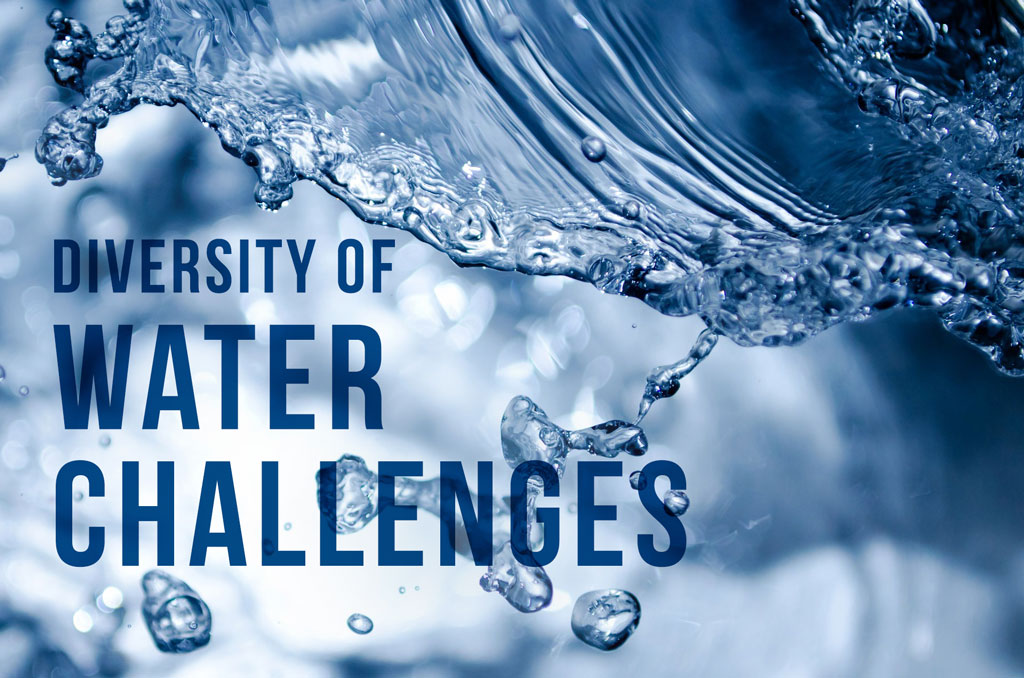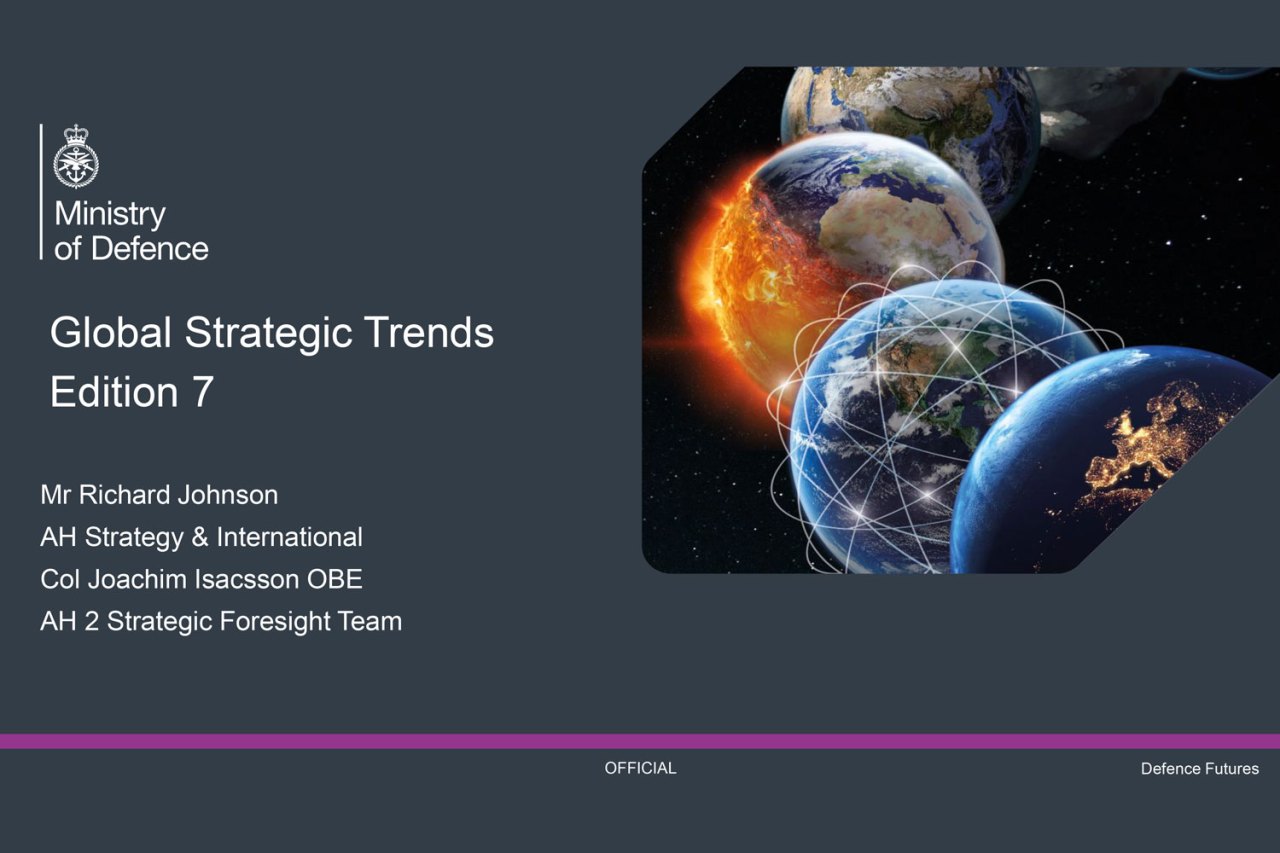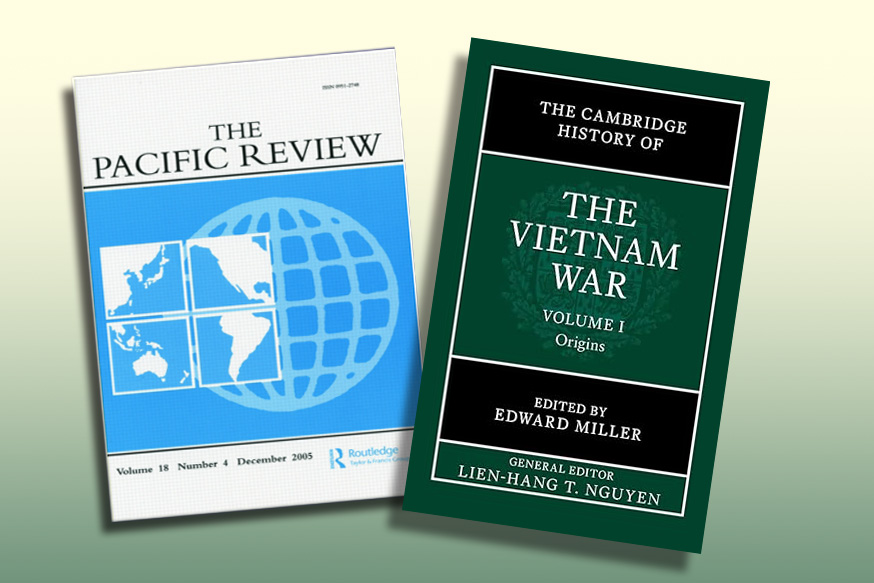Water security is a pressing issue in the Indo-Pacific region, impacting everything from individual survival to national and international stability. In his latest article, “Addressing the Diversity of Water Challenges in the Indo-Pacific: Need for Broad Cooperative Approaches,” published in the Journal of Indo-Pacific Affairs, Dr. Ethan Allen examines the diverse water challenges arising from climate change, geography, population growth, and other factors across the region.
The article highlights that collaborative, cooperative approaches combining technological/scientific and political/governmental perspectives are crucial to addressing threats to water security and resilience at various scales.
Key Takeaways:
- Water challenges manifest along axes like scale, time, causation, quantity, and quality, giving rise to internal tensions within nations and cross-border conflicts.
- Current water usage patterns in agriculture, industry, and domestic sectors are often inefficient lacking conservation efforts.
- Scientific and technological solutions alone are insufficient; political agreements and inclusive governance involving all stakeholders are vital.
- Synergizing scientific knowledge with equitable policies and transparent data sharing is the path forward for enduring solutions.
- As climate disruption accelerates, addressing water challenges through collaborative science-policy approaches becomes imperative for the Indo-Pacific’s future.
Dr. Ethan Allen is a professor at Daniel K. Inouye Asia Pacific Center for Security Studies (DKI APCSS), an academic institute of the U.S. Department of Defense based in Hawaii. The views expressed in this article only reflect his own views, not those of APCSS or the U.S. Department of Defense.









Leave A Comment